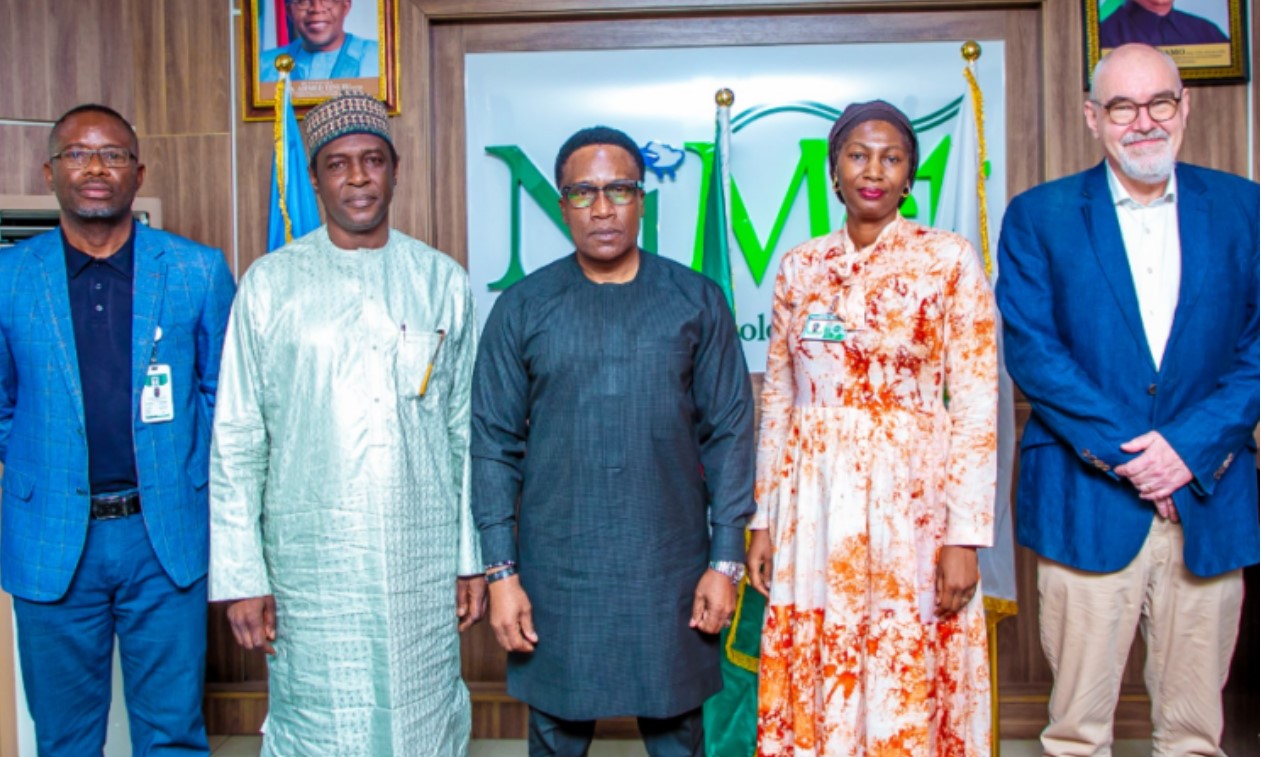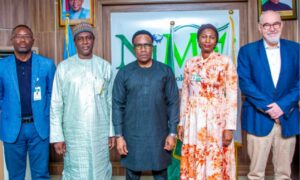
NiMet Hosts Meeting On Anticipatory Action Framework For Nigeria
- Climate Change
- No Comment
- 185

The Nigerian Meteorological Agency (NiMet) yesterday hosted the second roundtable meeting on ‘Anticipatory Action Framework For Nigeria’, aimed at developing a unified approach and framework for anticipatory action in Nigeria.
The meeting was a follow-up to the November 2024 meeting convened by the office of the vice president in collaboration with the United Nations Office for the Coordination of Humanitarian Affairs (UNOCHA).
Welcoming the participants, the director general and chief executive officer of the Nigerian Meteorological Agency (NiMet), Prof. Charles Anosike, said the President Bola Tinubu administration continued to play a crucial role in addressing humanitarian emergencies occasioned by conflicts, natural disasters, extreme weather events, climate change, etc.
He advocated for inter-agency cooperation and partnership to achieve collective success for Nigeria.
Professor Anosike said; “In NiMet, with competent personnel and improved technological tools, we provide early warnings products and services through accurate, timely and actionable weather forecasts and climate prediction that allows anticipation of severe weather events. This enables individuals, authorities, and communities prepare for anticipatory early action such as evacuation, resource mobilisation, infrastructure reinforcement, etc.
“Our work, through continuous weather observation, monitoring and reporting, and impact-based forecasting is crucial for disaster preparedness and response, thereby ensuring the right quantity of human and material resources are mobilised for the safety of vulnerable communities”, Anosike said.
In his remarks, Trond Jensen, the Head of Office for the United Nations Office for the Coordination of Humanitarian Affairs (OCHA) in Nigeria, said; “We live in a changing world, both in terms of climate change, and changing demographics which makes some people more vulnerable. However, the prevention is always better than the cure.
So our ability to anticipate so that we can prevent or mitigate climate-related incidents, not only do we reduce suffering, but we also save money in the process, which is critical”.
Arch. Umar Ibrahim Mohammed, the director general, Nigeria Hydrological Services Agency (NIHSA), said he hoped that from the deliberations, participants would be able to come up with solutions and actionable plans to be able to deliver on the changes required to mitigate climate impacts.
Inna Audu, Special Adviser on Humanitarian and Development Partners to the President in the Office of the Vice President said that the Vice President, Kashim Shettima is concerned about the people and how to help them mitigate all the factors that affect them daily and also yearly when the disasters occur.
Fred Anusim, Deputy Director of Planning and Research at Nigeria Emergency Management Agency (NEMA), who represented the Director General of NEMA, Mrs. Zubaida Umar, said that anticipatory action is important in every disaster management policy.
Participants at the meeting were drawn from the Office of the Vice President of the Federal Government of Nigeria, the Nigeria Meteorological Agency (NiMet), the Nigeria Hydrological Services Agency (NIHSA), and the National Emergency Management Agency (NEMA).



